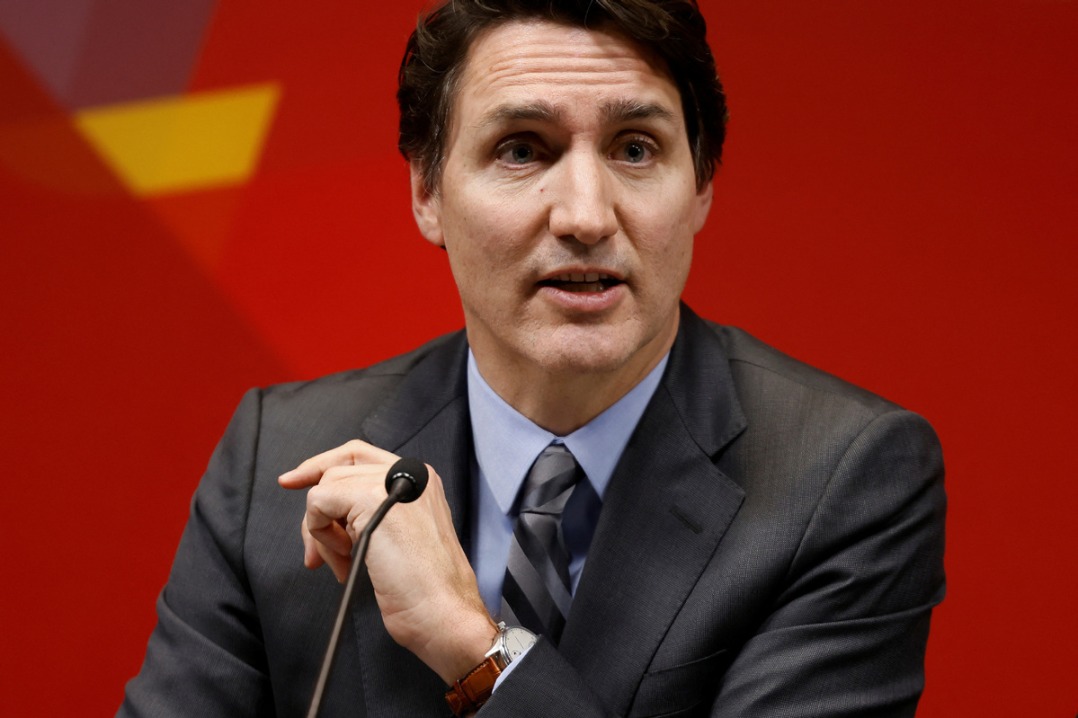UK's central bank cuts interest rate


The United Kingdom's central bank, the Bank of England, or BoE, cut its base interest rate on Thursday, to 4.75 percent from 5 percent, in a move seen as a declaration that rampant inflation is over.
It was the bank's second rate cut of the year, following a reduction in August from 5.25 percent to 5 percent.
The decision of the BoE's monetary policy committee was unveiled as the bank published its quarterly economic forecast, which delivered a mostly favorable appraisal of the new UK government's first budget, which was delivered last week.
The BoE, like most central banks, uses interest rates to control price rises, or inflation, by encouraging people to save when rates are high and encouraging spending when rates are low and borrowing is cheap.
The rate cut followed inflation falling faster than expected, to 1.7 percent last month, which was below the BoE's 2 percent target.
Inflation has now been stable, at around 2 percent, since May, after having been uncomfortably high for several months, with it peaking at 11.1 percent in October 2022, a 40-year high.
As he announced the rate cut, Bank of England Governor Andrew Bailey said: "We need to make sure inflation stays close to target, so we can't cut interest rates too quickly or by too much. But if the economy evolves as we expect, it's likely that interest rates will continue to fall gradually from here."
Bailey said the BoE will be watching the economy, to measure the impact of the government's budget, which the bank believes will cause inflation to rise by around 0.5 percent in 2026.
The BoE said in its quarterly economic forecast it expects the budget to boost economic growth and reduce unemployment in the short term. But other initiatives, including a hike in bus fares and the introduction of a tax on private school fees, could be inflationary.
In their written appraisal, the BoE's policymakers said: "On the one hand, higher labor costs could constrain firms' cash-flows if there was limited pass-through to pricing. This in turn could moderate wage growth and further loosen the labor market through reduced labor demand. On the other hand, the increase in labor costs could prove more inflationary, if upward pressure on prices were passed on to consumers."
The UK's Finance Minister, Chancellor of the Exchequer Rachel Reeves, welcomed the appraisal of her budget, which includes plans to borrow around 28 billion pounds ($36.2 billion) a year and to raise 40 billion pounds through taxes, but said she is "under no illusion about the scale of the challenge facing households".
The pound strengthened after the rate cut and economic outlook, rising against the US dollar by 0.4 percent to 1.293 in the immediate aftermath.
earle@mail.chinadailyuk.com































